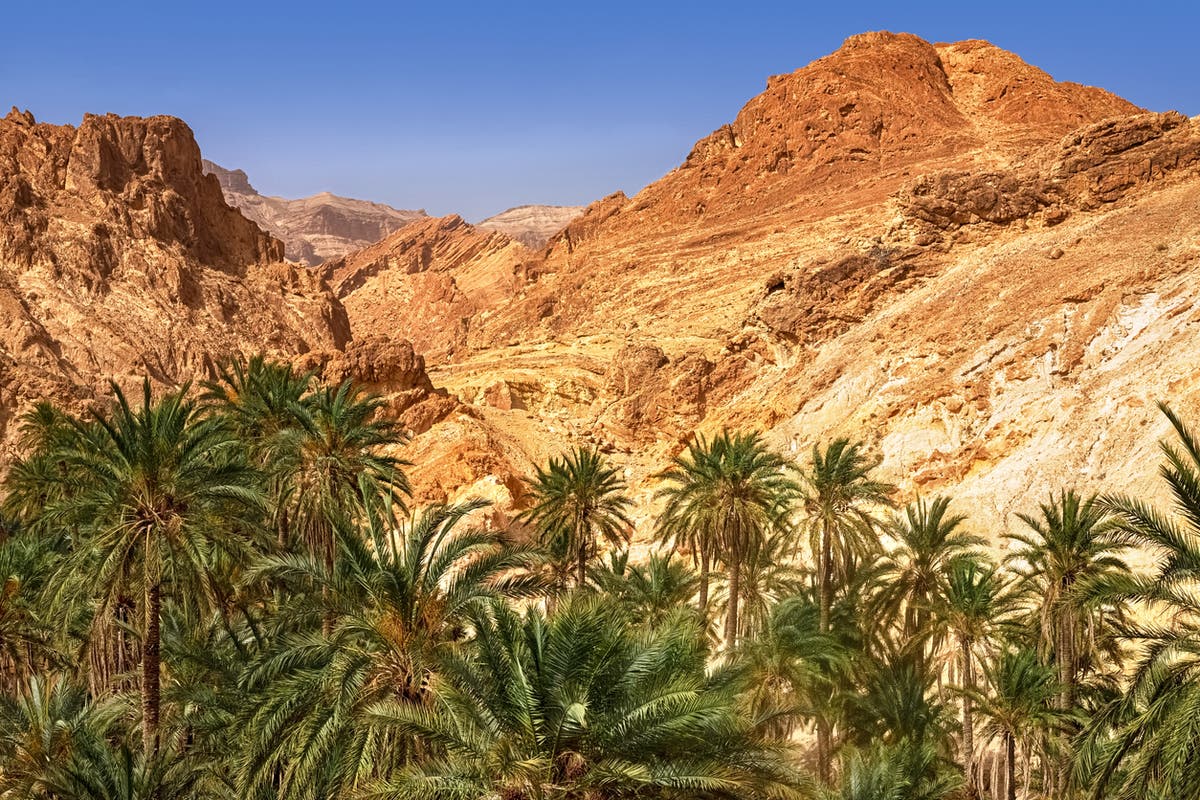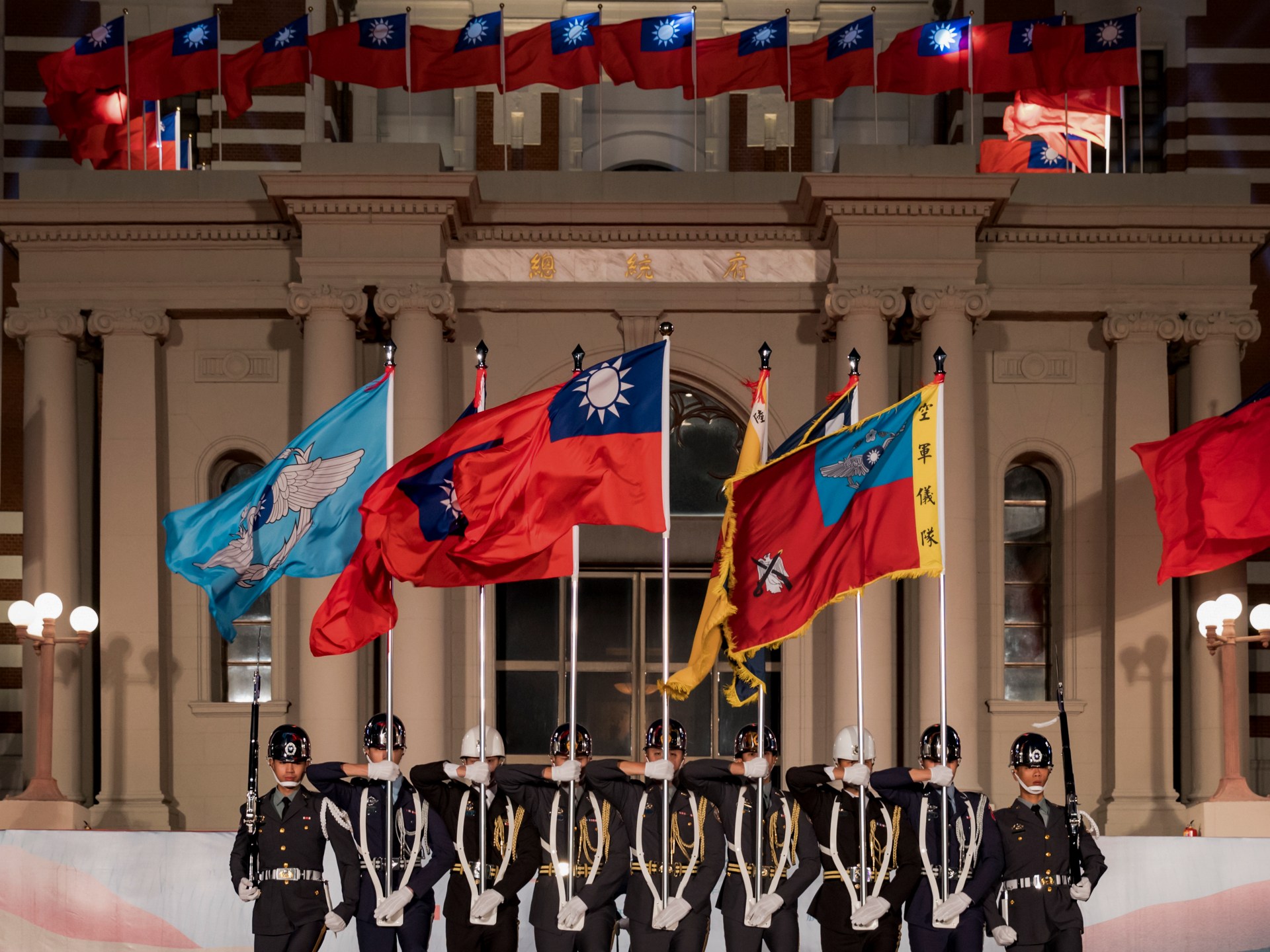
This article first appeared on our partner site, Independent Arabia
Sixteen years after its launch, the Great Green Wall, a massive project to promote peace and revitalize Africa’s arid Sahara, is in danger of collapse due to terrorist threats, a lack of political leadership and a lack of funding.
The project began at a turbulent time for the African continent. It is a bold initiative to combat desertification by creating a 5,000-mile wall of trees that runs through 11 countries: Chad, Mali, Niger, Burkina Faso, Mauritania, Nigeria, Sudan, Ethiopia, Eritrea, Djibouti and Senegal.
The United Nations describes the African Union-led project as “a green wall to promote peace and restore nature in Africa’s Sahel.” This project, coming at a time when the continent is facing unprecedented drought, was expected to create 10 million jobs by 2030.
Slow progress despite setbacks
Creating a great green wall that would allow the continent to combat the desertification affecting much of the continent was not a new idea. In fact, Thomas Sankara, Marxist revolutionary and former president of Burkina Faso, was the first to propose it after China built its Great Green Wall in 1978, a huge ecological project to restore nature in the Gobi Desert.
More than a decade after its launch, those responsible for the African Great Green Wall project have made some changes. They have given up the idea of relying solely on reforestation and have instead dedicated themselves to establishing agricultural and green spaces.
Issa Garba, an environmental activist from Niger, believes that “the lack of security in Africa’s Sahel is actually an obstacle to the implementation of this huge project; However, it must be recognized that the lack of political plans in the eleven countries through which this wall passes is also a problem.”
Garba added in an exclusive interview with Independent Arabia“The Sahel states have not earmarked any expenditure for this project in their budgets. They are just waiting for funds from abroad, be it from the European Union, the African Union or others.”
The activist stressed that “this project will continue despite its stalls and setbacks.” However, completion within the 2030 deadline remains an unattainable goal.”
Despite the growing number of voices calling for the project to be abandoned given the existing stagnation, the number of countries that have accepted the project has now risen to over 20 and to give it momentum, the African countries involved in the project and its international partners committed 16 billion euros from 2021.
Experts agree that the lack of security in Africa’s Sahel region, where terrorists carried out the attacks, remains one of the main challenges hampering the implementation of the Great Green Wall project on the ground. However, they warn that work on the project needs to resume urgently to address the threat of climate change.
Financial and security challenges
The looming tensions on the African coast following a series of military coups that have increased vulnerability in the region are not the only reason for the delay in the implementation of the Great Green Wall project.
Ethiopia is one of the countries that has made the most remarkable progress in this area, having managed to revitalize two million hectares of land while creating more than 218,000 jobs, according to official statistics. In 2019, 240 million trees were planted in a single day. Niger has also achieved some successes despite security threats and economic challenges. It has restored 800,000 hectares of land and made it suitable for agricultural use.
Ali Yahya, an international relations analyst and consultant, said: “The biggest threats to humanity are environmental and climate-related, such as desertification, which in some countries is causing arable land to deteriorate at more than 30 times the historical average leads.” in Algeria. Overcoming these challenges requires everyone’s cooperation and solidarity.”
Yahya emphasized that “one of the world’s most promising projects to combat desertification is the Chinese Green Wall, which achieved significant successes throughout the Kubuqi Desert and inspired the African continent to repeat the project from Djibouti in the east to Senegal in the east .” to the west to stop the spread of the desert to the south”.
Yahya added: “But despite the efforts of many African countries, such as Ethiopia, Eritrea and others, to contribute to the success of the project and aim to restore 100 million hectares of agricultural land by 2030, many of the desired goals have not been achieved.” reasons can be achieved. This includes, among other things, inadequate funding, as at least $30 billion (£24 billion) is required to sustain the project.”
He also pointed out that “the political, economic and security challenges faced by some of the countries through which the wall passes, the spread of terrorist groups and social challenges related to the lack of environmental awareness in local communities are said to be the main cause “The success of the project has hindered its progress.”
Reviewed by Tooba Ali and Celine Assaf






Recent Comments